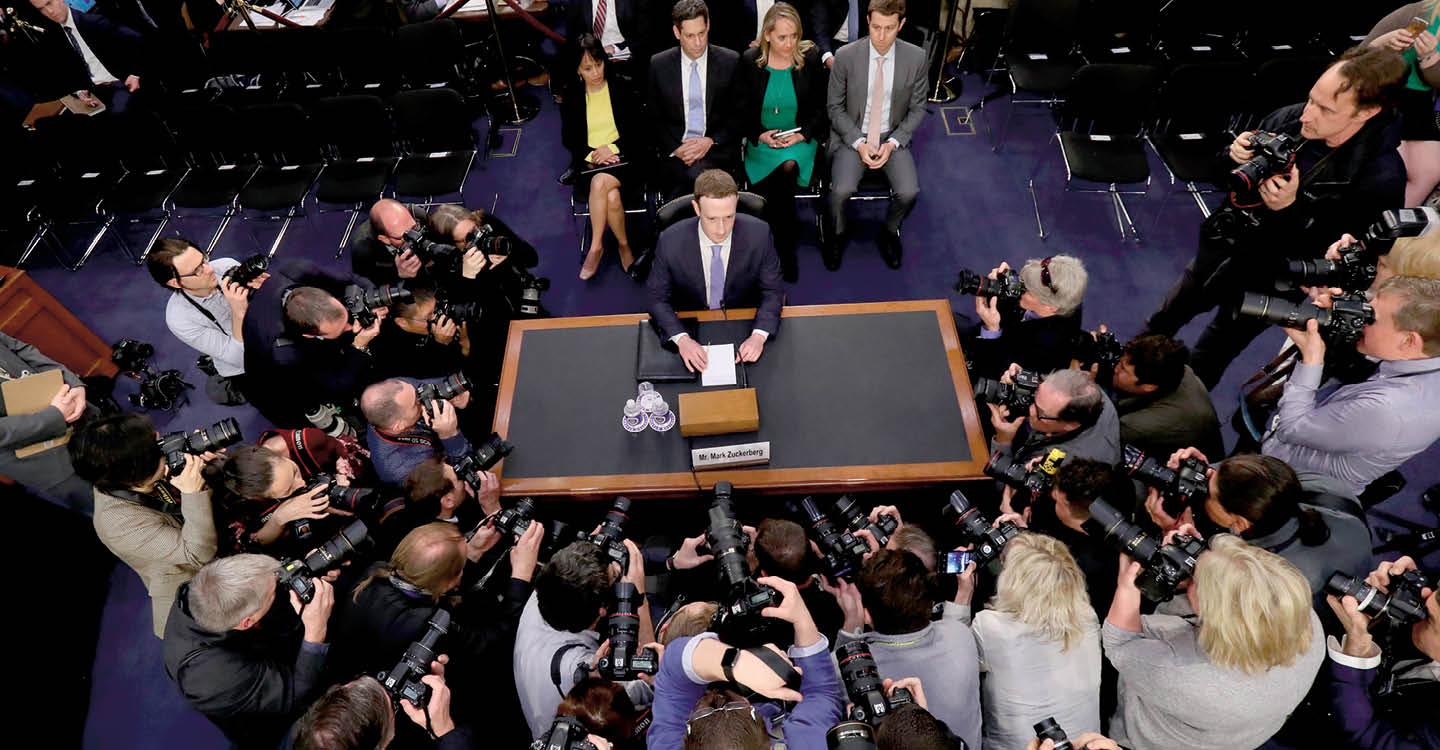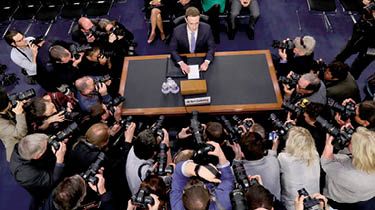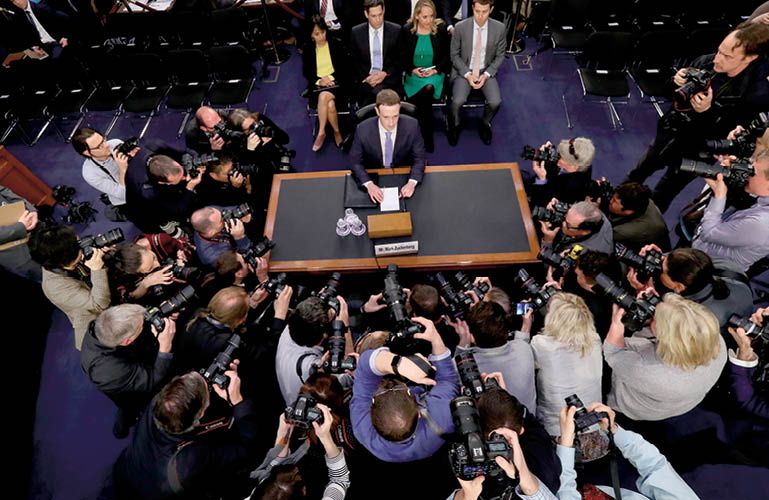The early hope for the internet was that it would improve democracy not only by giving people far more access to information but also by enabling people to connect with one another directly, and speak in their own voices about what matters to them. Social media has indeed done all that.
Before social media, the information you could get about a candidate or political issue depended on what the news media and the politicians chose to say. If you wanted to do a “deep dive” on something that mattered particularly to you, you were probably out of luck. If you had questions about your chosen issue, there was likely no one you could ask. But now social media makes it easy. You can share what you dig up on the internet, ask questions, propose answers, and talk with others to explore what’s going on and what it means.
Before social media, if you wanted to be involved in politics, there were few opportunities for regular folks to give input on a campaign. Virtually all the communication would be one-way: The campaign would come up with brief “messages” that reduced complex issues to a few words—“an economy that works for everyone” or “freeing business to succeed!”—and there would be no practical way for you to communicate your ideas up the chain of command to the candidate. Now with social media, we get to speak, not with the candidate directly, but to the campaign staff since they monitor commentary on social media.



